August 7, 2023 •
Illinois Enacts New Pay-to-Play Law for Certain Vendors
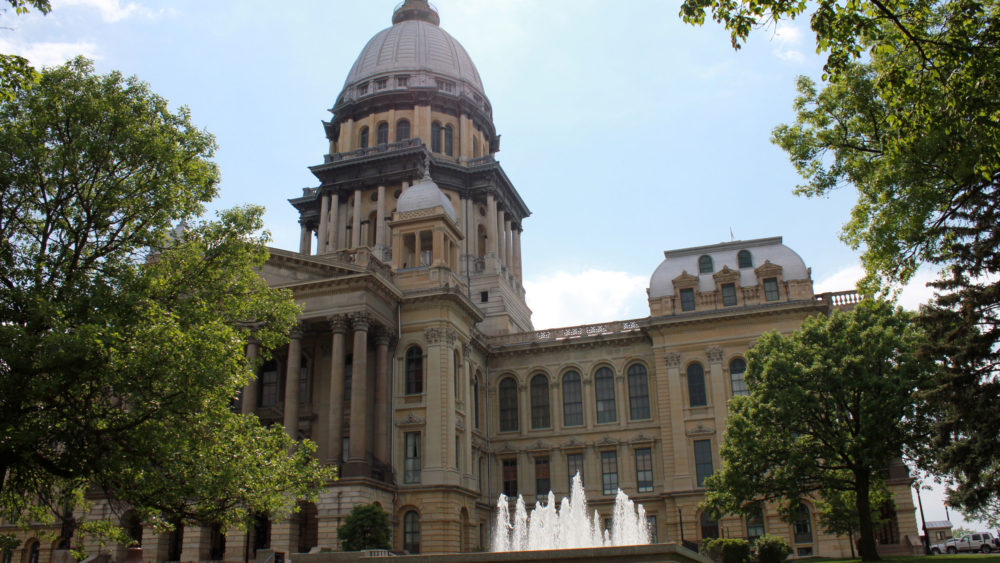
Illinois State Capitol Building
Gov. JB Pritzker signed House Bill 3903, prohibiting vendors that offer or provide equipment or services for automated traffic law enforcement, automated speed enforcement, or automated railroad grade crossing enforcement systems to municipalities or counties from making campaign contributions to […]
Gov. JB Pritzker signed House Bill 3903, prohibiting vendors that offer or provide equipment or services for automated traffic law enforcement, automated speed enforcement, or automated railroad grade crossing enforcement systems to municipalities or counties from making campaign contributions to any political committee established to promote the candidacy of a candidate or public official.
Effective immediately, the bill also prohibits political action committees created by the vendor and vendor-affiliated persons from making campaign contributions.
Vendor-affiliated person is defined as any person with an ownership interest or distributive share in excess of 7.5% in a vendor, any executive employees of the vendor and any spouse, minor child, or other immediate family member living in the residence of any of them.
The bill also prohibits members of the General Assembly and officers or employees of a municipality or county from accepting employment or receiving compensation or fees for services from a vendor that provides automated traffic law enforcement system equipment or services or automated speed enforcement system equipment or services to municipalities or counties.
Former members, officers and employees must wait two years before accepting employment from such a vendor.
May 31, 2023 •
Minnesota Legislature Adjourns Sine Die
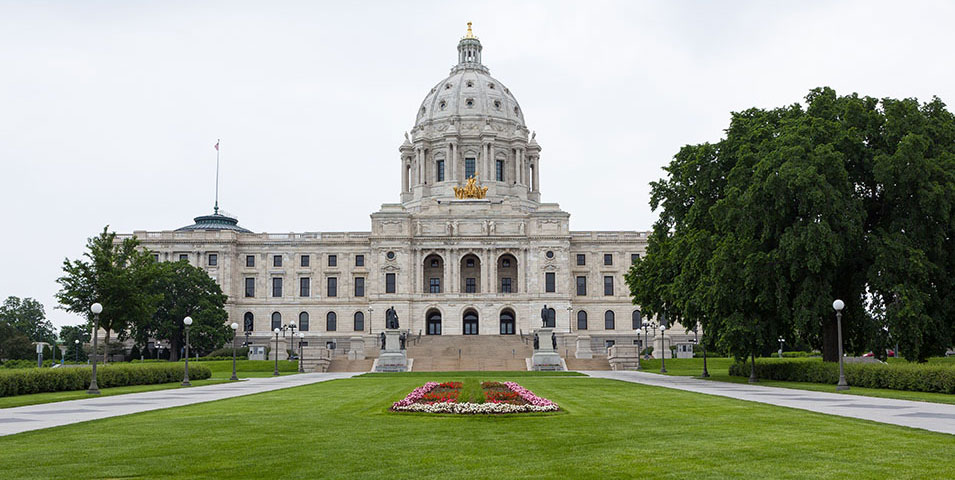
Minnesota Capitol Building
The 93rd session of the Minnesota Legislature adjourned sine die on May 22. Lawmakers passed House File 3, a bill restricting political activities by foreign influenced corporations, and requiring corporations making political contributions to file certifications. The bill requires any corporation […]
The 93rd session of the Minnesota Legislature adjourned sine die on May 22.
Lawmakers passed House File 3, a bill restricting political activities by foreign influenced corporations, and requiring corporations making political contributions to file certifications.
The bill requires any corporation making a contribution to a ballot question or an independent expenditure to submit a certification to the Campaign Finance and Public Disclosure Board that it was not a foreign-influenced corporation as of the date the contribution or expenditure was made.
The bill also broadens the definition of expressly advocating to include certain types of political communications, even if they do not use words or phrases of express advocacy, such as “vote for” or “vote against.”
Expressly advocating is used to identify certain types of independent expenditures that require disclosure and reporting to the Campaign Finance and Public Disclosure Board.
The bill becomes effective January 1, 2024.
May 10, 2023 •
Georgia Commission Gets Old Name Back
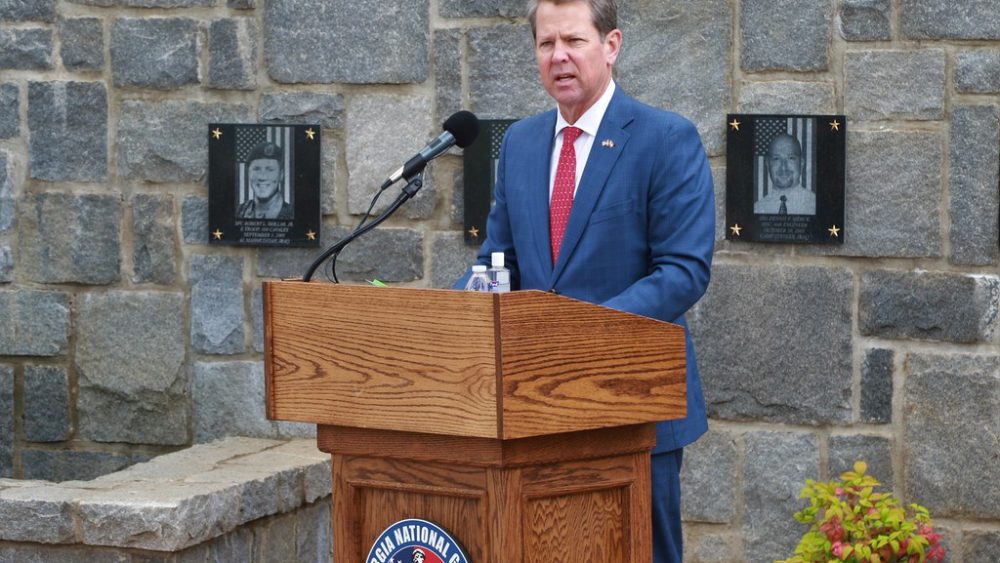
Georgia Governor Brian Kemp
Gov. Brian Kemp signed a bill changing the name of the Government Transparency and Campaign Finance Commission back to the State Ethics Commission. The much longer commission name was the product of a major ethics overhaul in 2010. In addition […]
Gov. Brian Kemp signed a bill changing the name of the Government Transparency and Campaign Finance Commission back to the State Ethics Commission.
The much longer commission name was the product of a major ethics overhaul in 2010.
In addition to the name change, House Bill 572 also clarifies rules for late contribution reporting.
A contribution designated for a general election given close to a primary election date does not need reported within two days.
The new law will take effect on July 1.
May 4, 2023 •
Indiana Legislature Adjourns Sine Die

Indiana State Capitol - By Daniel Schwen / CC BY-SA
The first regular session of the 123rd General Assembly adjourned sine die on April 28 after passing bills regarding nonprofit disclosures and electronic signatures for campaign finance disclosures. Senate Bill 302 has been signed by the governor and prohibits a […]
The first regular session of the 123rd General Assembly adjourned sine die on April 28 after passing bills regarding nonprofit disclosures and electronic signatures for campaign finance disclosures.
Senate Bill 302 has been signed by the governor and prohibits a state agency or a state official from imposing on any charitable organization any filing or reporting requirements more stringent or burdensome than those authorized under state or federal law.
The bill provides this limitation does not apply to requirements imposed in connection with state grants, contracts, fraud investigations, or in connection with an enforcement action.
House Bill 1212, House Bill 1336 have not been signed by the governor.
House Bill 1212 prohibits a public agency from requiring a person or nonprofit organizations to provide certain personal information to the public agency.
Exceptions to the prohibition include disclosures required under state campaign finance and lobbying disclosure laws.
House Bill 1336 permits electronic signatures to be used for the reporting of campaign contributions and expenditures.
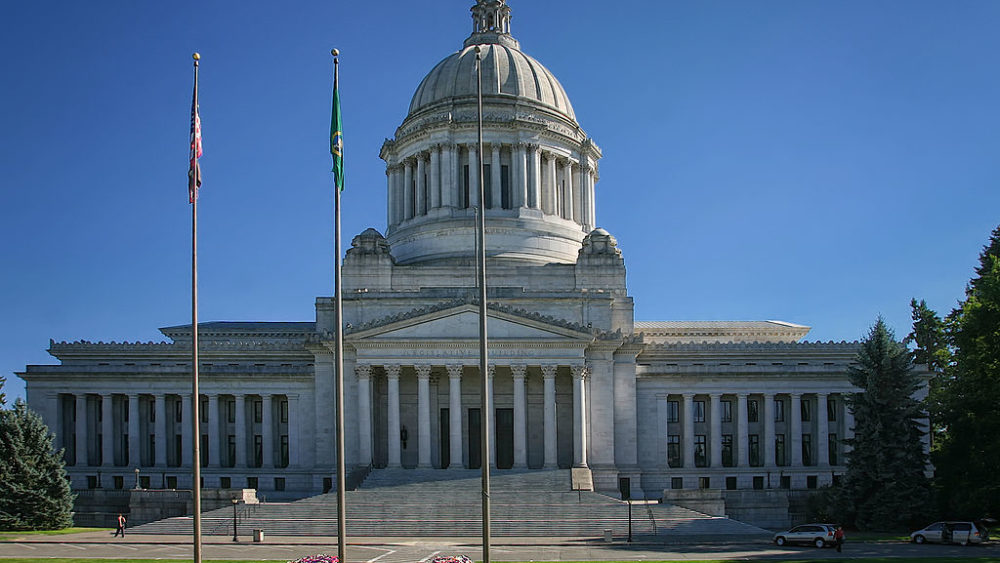
Washington State Capitol Building - Cacophony
The Public Disclosure Commission certified increases in reporting and contribution limits in response to inflation. The inflationary adjustments touch almost every threshold and limit. Contribution limits increase from $1,000 to $1,200 for state and county legislative candidates and from $2,000 […]
The Public Disclosure Commission certified increases in reporting and contribution limits in response to inflation.
The inflationary adjustments touch almost every threshold and limit.
Contribution limits increase from $1,000 to $1,200 for state and county legislative candidates and from $2,000 to $2,400 for other state offices.
Limits for political parties increase from $5,500 to $6,000.
April 10, 2023 •
Sacramento Raises Contribution Rates

Sacramento, CA Skyline - Basil D Soufi
The City Council has voted to raise contribution limits for the 2023 biannual. The increase reflects changes in the Consumer Price Index for All Urban Consumers (CPI-U). Contribution limits for councilmembers increased to $2,050 per person and $6,800 per Large […]
The City Council has voted to raise contribution limits for the 2023 biannual.
The increase reflects changes in the Consumer Price Index for All Urban Consumers (CPI-U).
Contribution limits for councilmembers increased to $2,050 per person and $6,800 per Large Political Committee, and limits for mayor increased to $4,050 per person and $13,550 per Large Political Committee.
Aggregate off-year contributions have been raised to $34,000 and $67,900 per councilmember and mayor, respectively.
The legal defense fund contribution limit has been raised to $1,350 for councilmembers and mayors.

Q: As a registered lobbyist, I am often contacted by elected officials to make a corporate contribution to the officials’ charity of choice, foundation, or scholarship fund. Is this legal? Am I required to disclose these contributions on my lobbying […]
Q: As a registered lobbyist, I am often contacted by elected officials to make a corporate contribution to the officials’ charity of choice, foundation, or scholarship fund. Is this legal? Am I required to disclose these contributions on my lobbying reports?
A: This scenario is happening more and more every day. Even though the official does not derive direct, political contributions for his or her campaign, such charitable contributions nonetheless result in positive exposure for the official, goodwill by the lobbyist, and beneficiaries that include the underprivileged, the sick, and the elderly. Furthermore, the monetary amount of corporate charitable donations can surpass the amount of permissible political contributions under campaign finance law.
Most states allow a lobbyist’s employer to make charitable contributions at the behest of an elected official and there are no reporting obligations. Some of the other jurisdictional requirements include:
FEDERAL: Pursuant to House and Senate Rules, charitable contributions made by a registered lobbyist at the behest or designation of a legislative member or employee are prohibited, unless the member or employee has designated the contribution to a charitable organization in lieu of an honorarium.
Please note, however, a charitable organization established by a person before that person became a covered official and where that covered official has no relationship to the organization after becoming a covered official, is not considered to be established by a covered official.
CALIFORNIA: Payments may be made at the behest of a state elected officer for a charitable, legislative, or governmental purpose. The state official must report the payment.
CONNECTICUT: If a client lobbyist makes a charitable contribution at the behest of a public official, the contribution generally will be deemed to have been made to foster goodwill with the public official and hence to constitute an expenditure in furtherance of lobbying. If deemed in furtherance of lobbying, the expenditure must be reported on the client lobbyist’s ETH-2D report as lump sum under “Other Expenses.”
DELAWARE: Charitable contributions made at the behest of an official are required to be disclosed on lobbying reports. A charitable contribution made at the behest of a legislator must be reported as a gift. If the amount is over $50, it must be itemized and the specific legislator must be named. A notation may be made if it was a donation to a charity.
NEW YORK: A state official may not designate or recommend a third party to receive a gift, and no prohibited gift may be offered to, or received by, a third party under circumstances in which it would be reasonable to infer the gift was intended to influence a public official. In other words, an interested source is presumptively prohibited from giving a gift to a third party, even a charity, at the behest of a public official.
A gift offered on behalf of or at the designation or recommendation of a public official is only permissible if, under the circumstances, all of the following criteria are met:
It is not reasonable to infer the gift was intended to influence such public official;
The gift could not reasonably be expected to influence the public official in the performance of his or her official duties; and
It is not reasonable to infer the gift was intended as a reward for any official action on the public official’s part.
NEVADA: Charitable contributions are reportable if made in the legislator’s name. A registered lobbyist is required to report the total expenditures made to any other person on behalf and for the benefit of a legislator.
March 16, 2023 •
Ohio Contribution Limits Increased
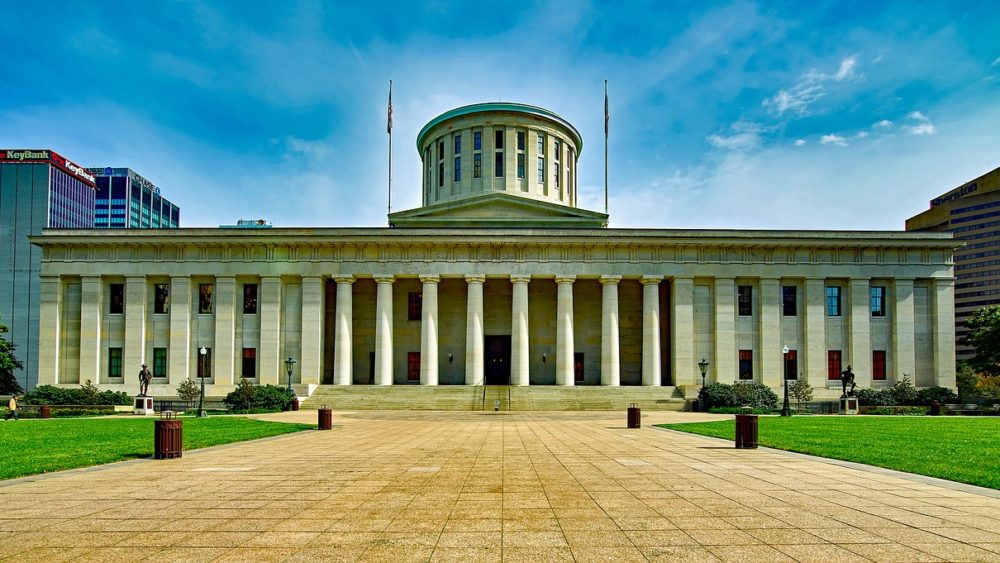
Ohio Statehouse
The Ohio office of Secretary of State has published increased contribution limits. The contribution limits for PACs, PCEs and individuals may contribute to statewide candidates, candidates for General Assembly, county parties, PACs, and PCEs increased from $13,704.41 to $15,499.69 per […]
The Ohio office of Secretary of State has published increased contribution limits.
The contribution limits for PACs, PCEs and individuals may contribute to statewide candidates, candidates for General Assembly, county parties, PACs, and PCEs increased from $13,704.41 to $15,499.69 per election; and from $41,113.24 to $46,499.08 per calendar year to state parties; and from $20,556.62 to $23,249.54 per calendar year to legislative campaign funds.
The amount of gifts corporations and labor unions may provide per year to a state political party, county political party, or legislative campaign fund, for certain specified purposes, such as facilities; equipment, and supplies, increased from $11,274.23 to $12,751.16.

West Virginia Capitol Building - O Palsson
The 2023 session for the West Virginia Legislature adjourned sine die on March 12. Before adjourning, lawmakers passed bills modifying grassroots lobbying and independent expenditure reporting. Senate Bill 508, which addresses grassroots lobbying groups, would raise limits triggering certain reporting […]
The 2023 session for the West Virginia Legislature adjourned sine die on March 12. Before adjourning, lawmakers passed bills modifying grassroots lobbying and independent expenditure reporting.
Senate Bill 508, which addresses grassroots lobbying groups, would raise limits triggering certain reporting requirements.
Currently, a person who contributes more than $500 in the aggregate within any three-month period or $200 in the aggregate within any one-month period to a grassroots lobbying campaign would have to register with the State Ethics Commission and comply with certain reporting obligations.
Under the new bill these thresholds would increase to $5,000 and $1,000.
Senate Bill 516 increases the limit to report contributions that are given toward advocating for or against a candidate when not in coordination with a candidate, their political committee, or a political party committee, from $250 to $1,000.
Both bills now head to the governor for signature.
March 9, 2023 •
Contribution Limits Lifted for Chicago Mayor Runoff Election
Mayoral candidate Paul Vallas loaned $100,100 to his campaign after advancing to the April 4 runoff election against Brandon Johnson. The two candidates may now receive unlimited contributions because contribution limits do not apply in any city race where the […]
Mayoral candidate Paul Vallas loaned $100,100 to his campaign after advancing to the April 4 runoff election against Brandon Johnson.
The two candidates may now receive unlimited contributions because contribution limits do not apply in any city race where the self-funding or independent expenditure threshold of $100,000 is exceeded.
The city’s pay-to-play limits on campaign contributions remain in place.
Companies and people doing business with the city or its sister agencies are limited to contributing $1,500 to any one candidate per year.
March 8, 2023 •
Orange County Council, California Raises Contribution Limit
The Orange County Council has voted to raise the campaign contribution limit from $2,200 to $2,500 per election cycle. The Orange County Campaign Reform Ordinance requires the board to adjust the campaign contribution limitation in February of every odd year. […]
The Orange County Council has voted to raise the campaign contribution limit from $2,200 to $2,500 per election cycle.
The Orange County Campaign Reform Ordinance requires the board to adjust the campaign contribution limitation in February of every odd year.
The Orange County Council adjusts the contribution limit according to changes in the Consumer Price Index and rounds to the nearest $100.
February 20, 2023 •
Maine Contribution Limits Increased
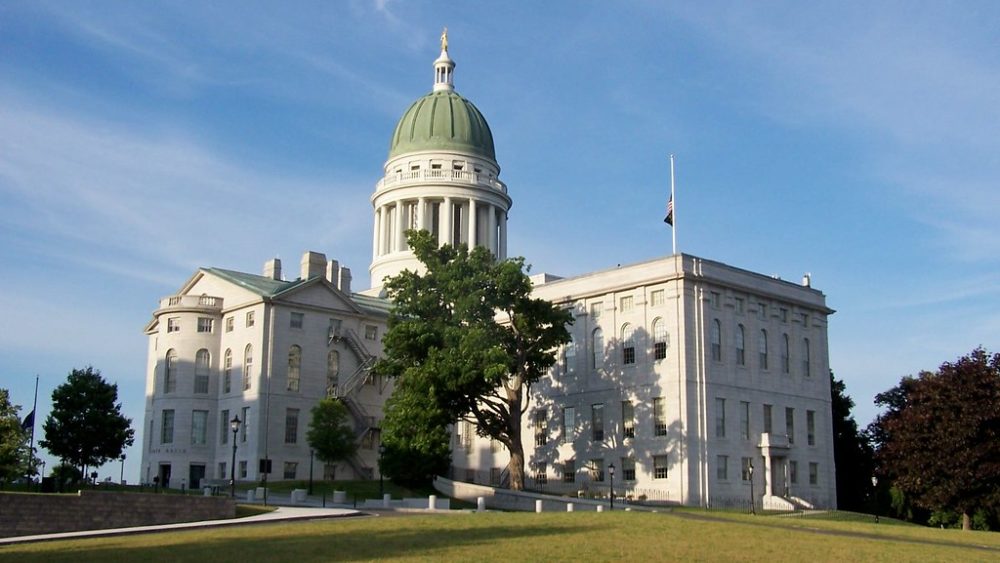
Maine Capitol Building
Maine’s Commission on Governmental Ethics and Elections Practices raised contribution limits. Individuals and PACs may now contribute up to $1,950 per election to gubernatorial candidates, up to $475 per election to legislative candidates, and up to $575 per election for […]
Maine’s Commission on Governmental Ethics and Elections Practices raised contribution limits.
Individuals and PACs may now contribute up to $1,950 per election to gubernatorial candidates, up to $475 per election to legislative candidates, and up to $575 per election for municipal candidates.
The next adjustment to contribution limits is expected to occur in January 2025
February 20, 2023 •
Anaheim, CA Raises Contribution Limits
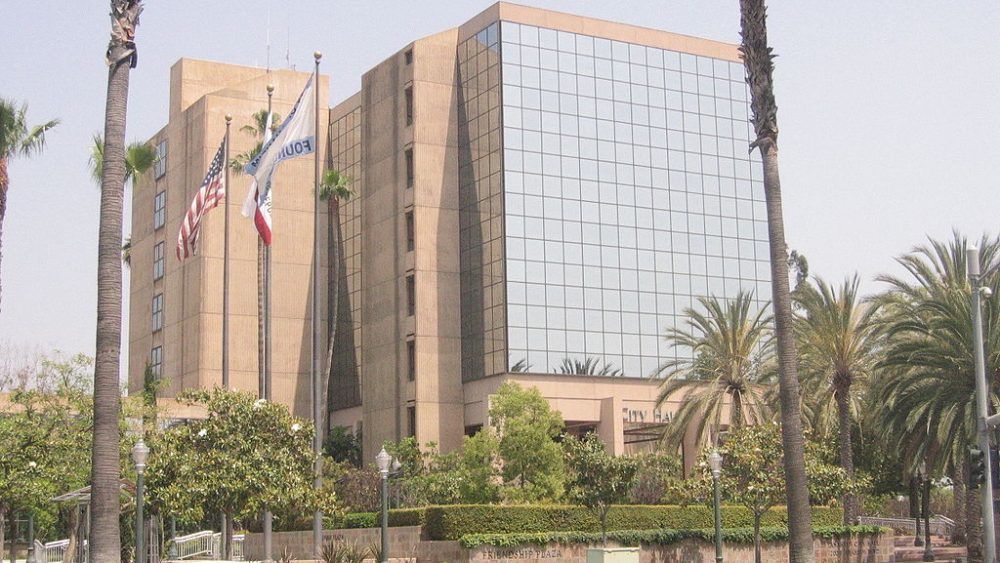
Anaheim City Hall
The city of Anaheim raised campaign contribution limits to $2,500 per election cycle. Anaheim reevaluates contribution limits at the start of every odd-numbered year and alters them based on the consumer price index (CPI) of the Los Angeles-Long Beach-Anaheim region. […]
The city of Anaheim raised campaign contribution limits to $2,500 per election cycle.
Anaheim reevaluates contribution limits at the start of every odd-numbered year and alters them based on the consumer price index (CPI) of the Los Angeles-Long Beach-Anaheim region.
The area’s CPI increased by 11.8% and the contribution limit was changed, rounded to the nearest $100, to reflect this change from the previous limit of $2,200.
January 6, 2023 •
Canada: Ontario’s Political Contribution Limits Increase
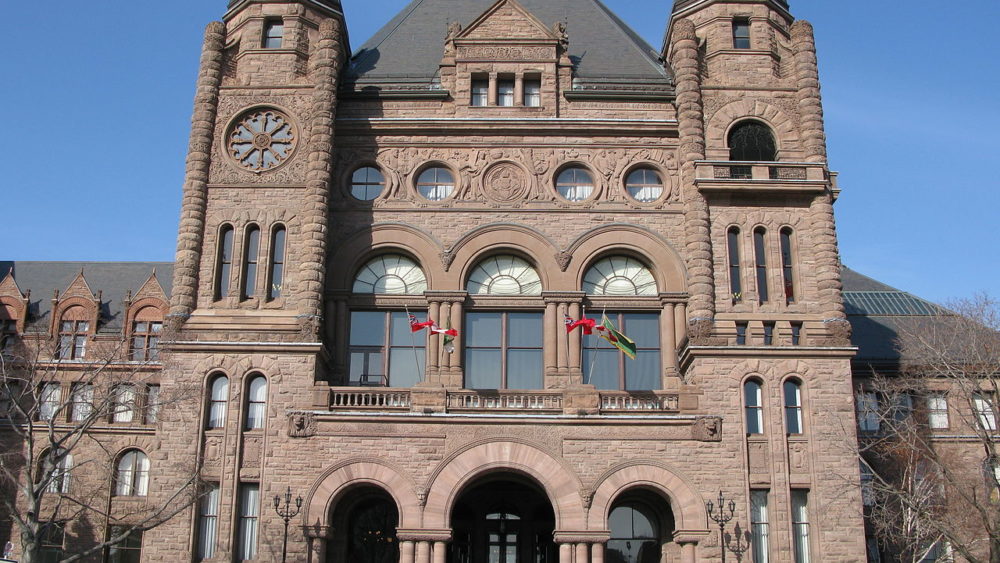
Legislative Assembly of Ontario building - Saforrest (https://creativecommons.org/licenses/by/3.0)
Campaign contribution limits have increased in the province of Ontario, Canada for 2023. In a calendar year, a person individually may contribute $3,350 to each party, to each constituency association and nominations contestants of a party, and to each leadership […]
Campaign contribution limits have increased in the province of Ontario, Canada for 2023.
In a calendar year, a person individually may contribute $3,350 to each party, to each constituency association and nominations contestants of a party, and to each leadership contestant of a party.
Additionally, in a campaign period, a person may contribute $3,350 to each candidate of a party, and to each independent non-party candidate.
The total contribution made with respect to a single fundraising event by a contributor may not exceed $3,350 multiplied by the indexation factor.
The previous contribution limits from 2022 were $3,350.
State and Federal Communications, Inc. provides research and consulting services for government relations professionals on lobbying laws, procurement lobbying laws, political contribution laws in the United States and Canada. Learn more by visiting stateandfed.com.

